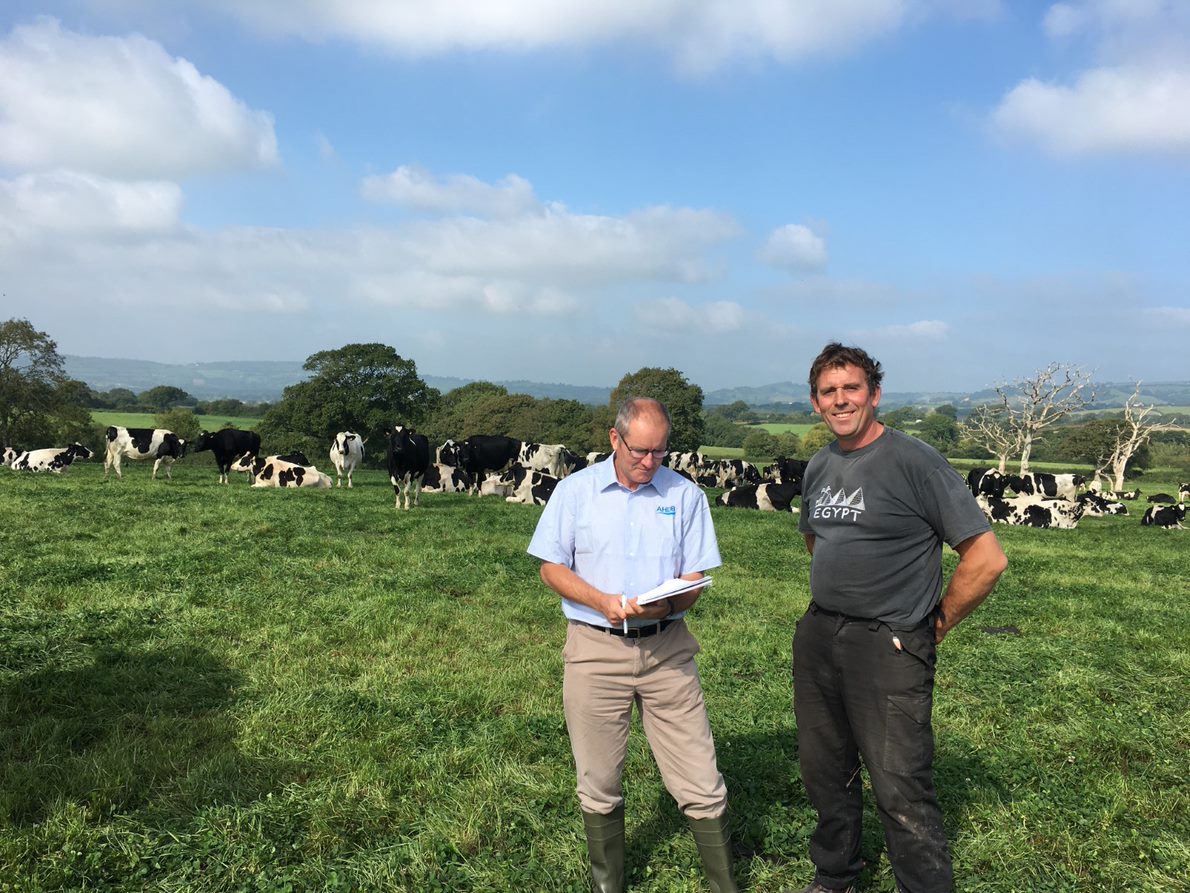- Home
- Knowledge library
- Share farming
Share farming
Understanding share farming, the benefits for the landowner and the farmer, and what to consider with this business model.
Back to: Step 4 – Selecting a legal framework
What is share farming?
Where a landowner and a farmer operator run separate farming businesses on the same land, with the landowner providing and looking after the property and the operator undertaking the farming. They share a common gross output from the farming of the land divided between them on an agreed basis, with each having the exposure to risk that that may give. Each business carries its own costs (some perhaps apportioned between them).
Key points
- A business agreement between landowner and operator
- Agreement relies on a good and understanding relationship between them
- A farming and land management policy should be discussed, agreed and regularly reviewed by them, with a willingness to revise it when circumstances require
- The operator is on the land by the permission (licence) of the landowner, with only the rights given by that permission
- The operator carries all the direct costs of farming, and the landowner carries the property costs of the land and buildings; some costs may be apportioned between them
- The gross farming output (such as sales of produce) is split between them in agreed proportions depending on their contribution
- Each keeps their own accounts and calculates their own profit or loss
- The operator, in particular, needs to be clear that the split properly recognises the costs of farming and hope of profit
- The operator could build up their capital within the business, potentially buying livestock or machinery from the landowner – the proportion of output can alter each year dependent upon the annual value being contributed
- Farming liability and record keeping would typically lie with the operator
Tax
- The operator has an independent farming business assessed to tax in the usual way
- Where the landowner is seen to be farming, the income may count as farming income for Income Tax. For Inheritance Tax (IHT), the land would typically qualify for Agricultural Property Relief (APR) and may also count towards Business Property Relief (BPR). Where the landowner is farming, their house might qualify as a farm house for APR on meeting the required tests
Benefits of this model
For the operator:
- Access to farming land without paying for it, with the chance to build capital
- An opportunity to develop and show farming skills to seek more opportunities, sometimes drawing on the experience of the landowner
- Where the split of gross output offers a realistic profit
- Can offer the opportunity to take the capital build or assets
For the landowner:
- Means remaining in legal occupation of the land
- An opportunity to be involved in a farming business using the land
- With income as share of gross output, it will always be positive
- Where possible, the potential opportunity to mentor and share knowledge and experience with a new operator
Equity share farming
While the basic principles of equity share farming remain the same as discussed above it is worth a discussion between parties to understand if their ambition is to increase equity within the business.
Increasing equity within the business could be instead of taking the profit share as cash, leaving the money in so you own a higher proportion of the business.
There are often restrictions placed on the amount of equity the landowner is willing to release, for example 10 or 20%. Few share farming opportunities offer a maximum amount of equity of over 50%. If the farmer reaches the threshold of equity agreed then the additional funds available would be drawn from the business as cash.
This system is common in New Zealand, specifically within dairy systems which require higher capital outlay for dairy facilities.
Webinars
2022: FBTs, Share & Contract Farming agreements
2021: Dairy share farming agreements
Useful links
The 5 steps of creating a strong business-to-business arrangement
 AHDB own image
AHDB own image
Sectors:

